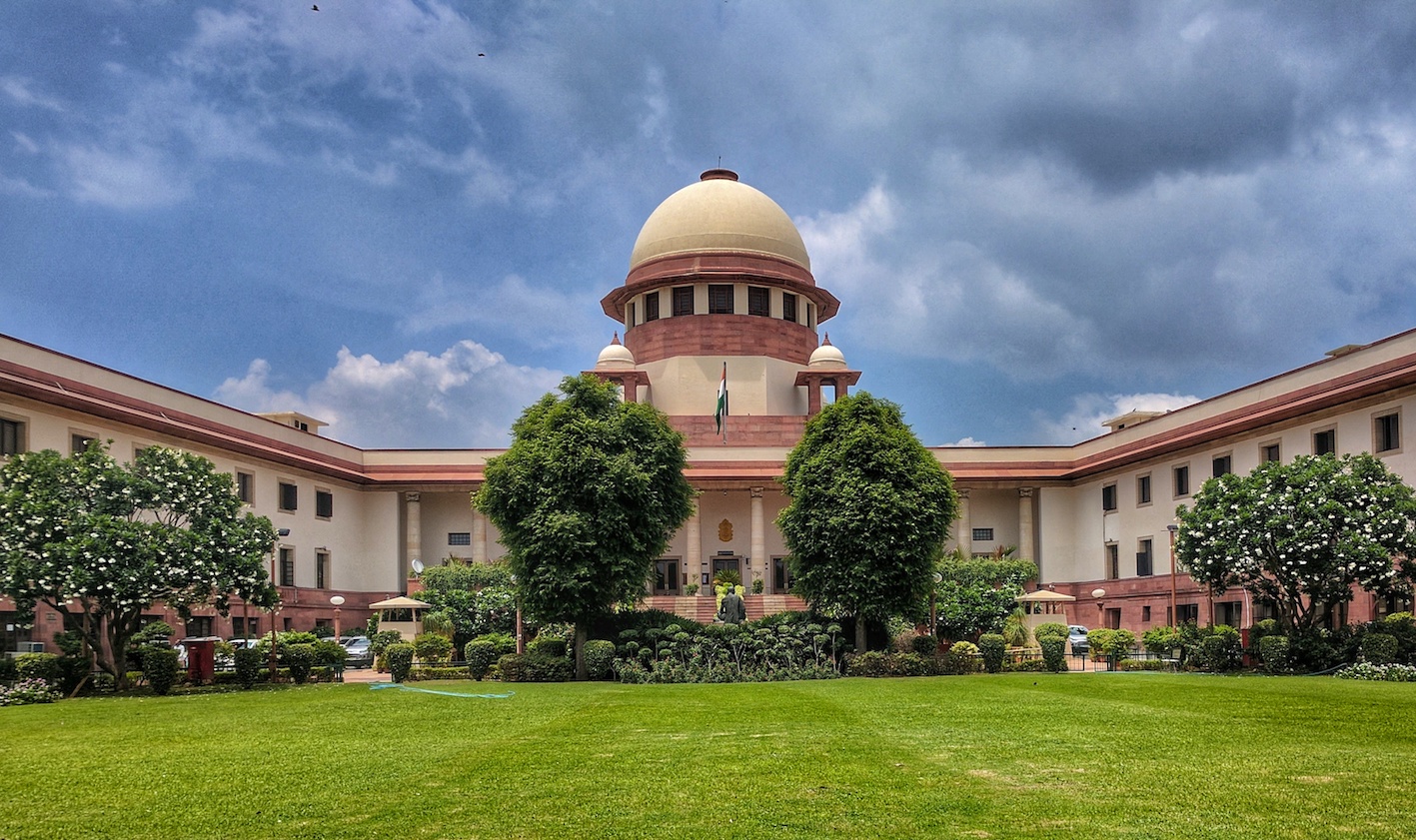The refusal to set aside the award may not necessarily be by the Commercial Division of the High Court but may also be by the Commercial Courts of the country: Delhi HC
Undoubtedly the scheme of expediency and limited judicial intervention is ingrained in the Arbitration Act but at the same time it cannot be forgotten that the Act nevertheless provides remedies against the arbitral award and it is felt that to vest the order, of any Commercial Court in the country refusing to condone the delay in applying for setting aside of the award, and which delay can be for varying reasons as diverse as the social, geographical and economic conditions prevalent in this country, and not even providing any opportunity to the High Courts to have a look therein, would be a very harsh outcome. This judgment was pronounced by the division bench comprising hon’ble Justice Rajiv Sahai Endlaw and Justice Asha Menon at Delhi High Court in the matter of Chintels India Ltd. v. Bhayana Builders Pvt. Ltd. [FAO (OS) (COMM) 68/2020].
The appeal came up first before this Court on 16th June, 2020, when notice thereof was issued and pleadings ordered to be completed. On the subsequent date i.e., 13th July, 2020, the counsel for the respondent stated that the respondent shall stay their hands in the execution proceedings pending before the Commercial Division in relation to the arbitral award having force of the decree, subject matter of the appeal. On 22nd July, 2020, CM No.15906/2020 of the respondent seeking a direction to the appellant to deposit the award amount with up-to-date interest in the Court, came up before the Court and pleadings thereon also ordered to be completed. Thereafter the matter was adjourned from time to time, for completion of pleadings.
The hon’ble High Court held while dismissing the appeal as not maintainable, that being bound by the dicta of the Supreme Court in BGS SGS Soma JV and in Ramdas Construction Co., we grant certificate under Article 133 read with Article 134A of the Constitution of India to the appellant. The court stated that in the hearing on 5th November, 2020, in view of BGS SGS Soma JV having referred to the grounds under Section 34 in entirety and not confined to Section 34(2) only, we were inclined to differentiate between a case of return of an application under Section 34 on the ground of the Court to which it is presented not having territorial jurisdiction, on the one hand and rejection of an application under Section 34 on the ground of having not been filed within the prescribed time, on the other hand, but in view of the Supreme Court having been approached against Ramdas Construction Co., expressly holding an appeal as the one before us, to be not maintainable under Section 37, and having dismissed the appeal with a speaking order, though not expressing any opinion on the maintainability of the appeal, we consider ourselves bound thereby and hold this appeal to be not maintainable.
By reading Section 37 as not permitting an appeal against refusal to condone the delay in applying for setting aside of the award, the persons aggrieved by the award are left with no remedy but to approach the Supreme Court by way of a petition under Article 136 of the Constitution of India. The refusal to set aside the award may not necessarily be by the Commercial Division of the High Court but may also be by the Commercial Courts of the country. No other remedy would be available to the persons aggrieved by the award, against the decision of any Commercial Court in the country refusing to condone the delay in applying for setting aside of the award, leaving such persons either with the option of accepting / remaining bound by the award even if having excellent grounds for setting aside of the same or of approaching the Supreme Court under Article 136 of the Constitution of India, thereby putting an avoidable burden on the Supreme Court which, as per the scheme of the Constitution of India, was envisaged to hear limited number of matters entailing constitutional issues and not to hear matters of condonation of delay.





